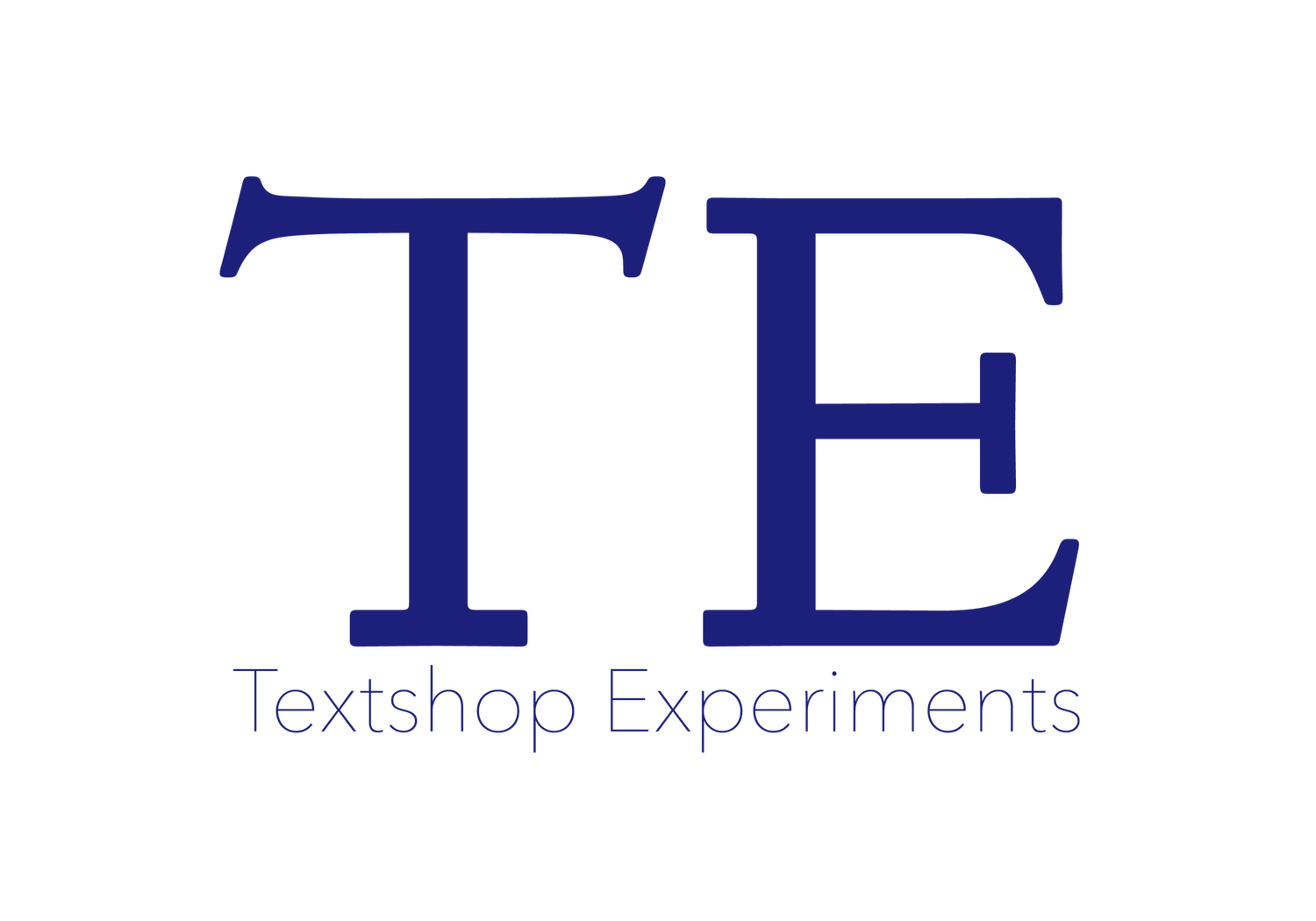A Letter to the Esteemed Readers of Textshop Experiments -- From the Guest Editors
S. Andrew Stowe & Sergio C. Figueiredo
Bridges not barriers. Hospitality, not hostility. Inquiry, not false certainty. A lot of ink has been spilled and pixels filled discussing the polarized state of politics in the United States during and after the 2016 U.S. Presidential Election with little in the way of practical methods of escaping the aporia of contemporary social life and cultural well-being. This special edition of Textshop Experiments, focused on extending and testing Gregory Ulmer’s proposal for the development of a flash reason (improvisation; instant thought), provides various entry points into ways of knowing, doing, and making beyond the ethical dilemma of right and wrong (cf. G. Ulmer, “Avatar Emergency”; “Flash Reason”).
Stemming from conversations between the guest editors, Sergio and Drew, this edition, was born with the intent to explore new ways of being and becoming beyond (insofar as is possible) settling for dichotomies and binary problems. The generous scholars who have contributed to this collection have provided a wide range of interesting explorations in a variety of media and all of it connects to this common thread of providing multiple perspectives, multiple paths, and different ways of moving through past, present, and future issues. Our purpose, to quote Ulmer, “is to establish a collection of cultural inventions associated historically with fast or sudden thinking, and compose from them [experimental procedures] for collective and individual decision-making [in now-time]” (“Avatar Emergency”).
In collecting material for this collection, we encouraged authors to bring their extra things, their absurd projects, material not fit for other scholarly venues, short pieces, and works that tap into a satirical mode from which this edition was born. As we suggest, the state of contemporary politics runs through the Entertainment industries, which is why we’ve organized this issue in the context of the H’MMM (Humanities + Music, Movies, Media) disciplines, using MAD Magazine as our model. “By the addition of the Humanities,” we consider each of these contributions interjections (“H’mmm…”s) that suggest “some perplexity or thoughtfulness about the nature of the popular arts” (“Teaching in the Margins: Gregory L. Ulmer”). Rather than attempt to provide models for conceptual or critical thinking in relation to the aesthetic, our hope is that this issue offers a “theopraxesis of living well” — of well-being (“Theopraxesis and the Future of H’MMM in the University: An Interview with Gregory L. Ulmer”).
We are excited to welcome you to explore the contributions this special edition, and dig into the work of emerging and established scholars who have contributed to this collection.
We have the honor to be your chaordic egents,
D. Sto and S. Fig

